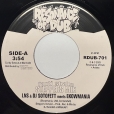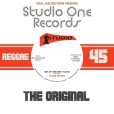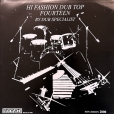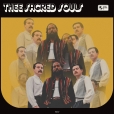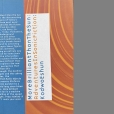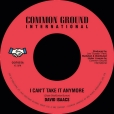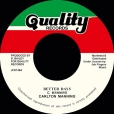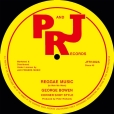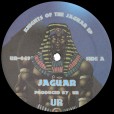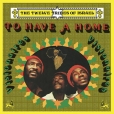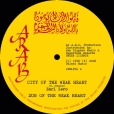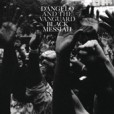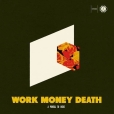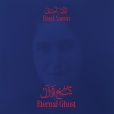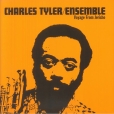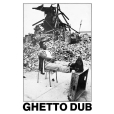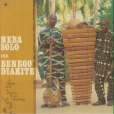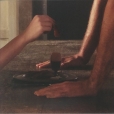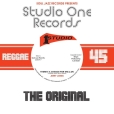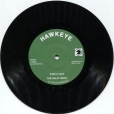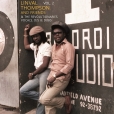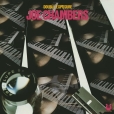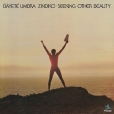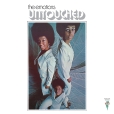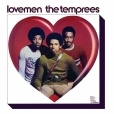Your basket is empty

Excellent condition. Unopened, tight, no knocks.
Two long-form pieces of modular minimalism. Both sides unfurl fifteen minutes of urgent, high-octane loops, repeating patterns, and distorted vocal frequencies, drawing on Terry Riley, Suicide, no wave and synth pop — not to mention the history of modern Lebanon.
The master drummer’s sparkling set of duets with Larry Young in 1977; plus JC doing full justice to Trane’s After The Rain, alone on piano.
Check your Bobby Hutcherson Blue Notes from the late-60s — records like Oblique and Spiral — for how Joe Chambers bends them round the wall and into the top corner, with his musicianship and compositions both.
Premier sampled Mind Rain for Nas’ NY State Of Mind (to put you out of your misery).
Very warmly recommended.
‘After keyboardist/composer Bayeté aka Todd Cochran established his musical presence on the San Francisco scene playing in Bobby Hutcherson’s band, and before becoming a key member of the innovative band Automatic Man, which he co-founded with Santana drummer Michael Shrieve, he recorded a couple of solo albums for the Prestige label that feature some of the most far-out, futuristic music the legendary jazz imprint ever released… Early ‘70s electric Miles is a clear point on the compass, but so are Parliament-Funkadelic and Lonnie Liston Smith, if he were playing a fuzzed-out clavinet instead of a Fender Rhodes.’
“While I’ve held space for the blues aesthetic and jazz in everything I’ve done, I was leaving one world and entering another, unmooring the ship and heading into a sea of unknowns, so to speak.”
‘Girl group greatness, courtesy of the Chicago-based Hutchinson Sisters (with Theresa Davis on this record) and co-producers Isaac Hayes, David Porter and Ronnie Williams. Recording at Muscle Shoals and Stax seems to have added a little grit to The Emotions’ sound, too; this 1971 classic on the Volt label offers the perfect blend of sweet and sassy. Show Me How was the hit, but it’s Blind Alley that made Untouched one of the most collectible albums of its kind: that track’s one of the most sampled in all of pop and hip hop, most notably by Big Daddy Kane (Ain’t No Half-Steppin’) and Mariah Carey (Dreamlover).’
The superb Memphis vocal trio, powered by the sublime falsetto of Jasper ‘Jabbo’ Phillips.
Giddily soulful, ravishing slow jams and sweeter-than-sweet harmony overtures. Paradigmatic murder like If I Could Say What’s on My Mind, Love… Can Be So Wonderful, and I Love You, You Love Me. An all-conquering version of Dedicated To The One I Love, to cap it off.
We love The Temprees.
